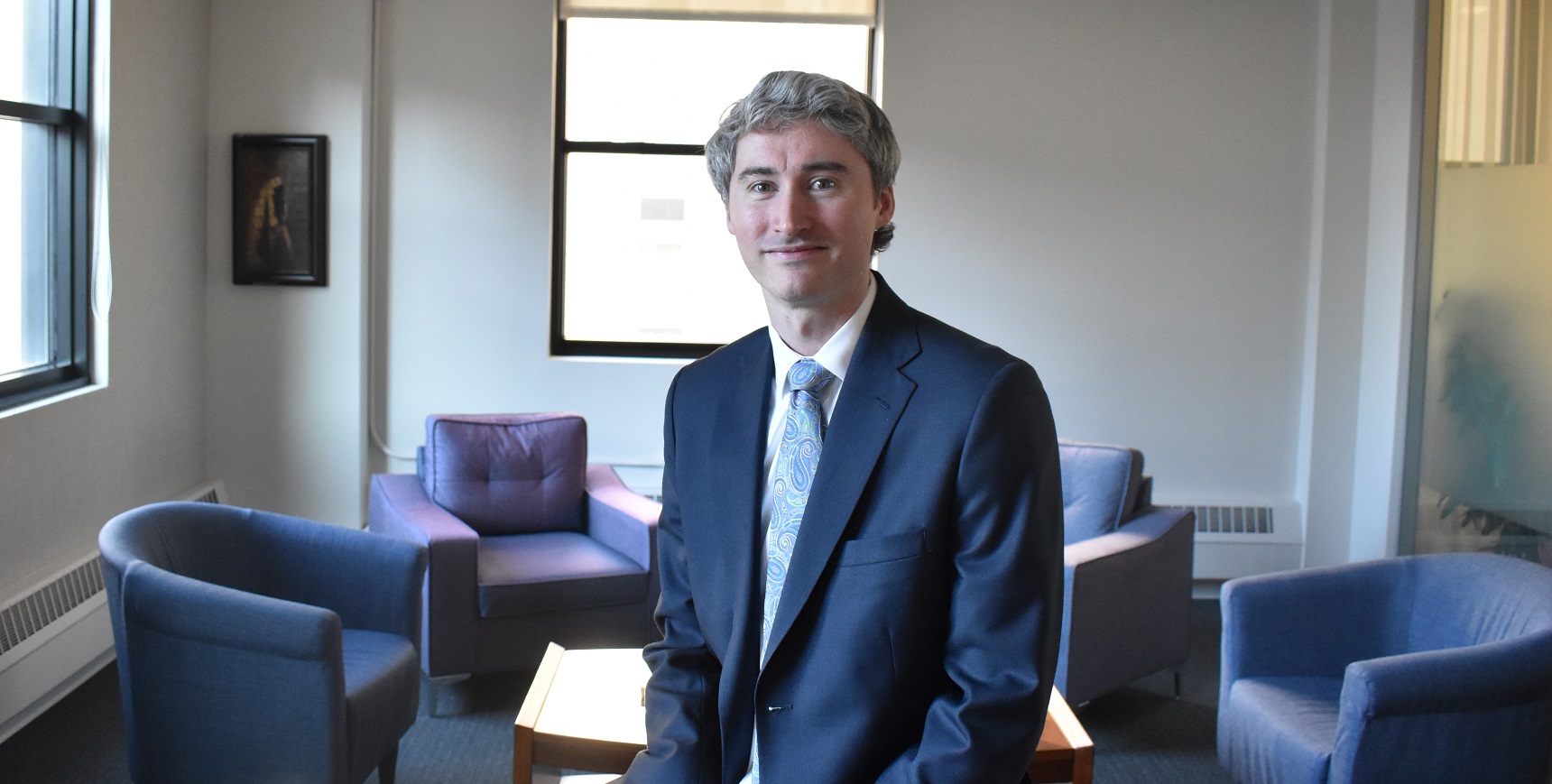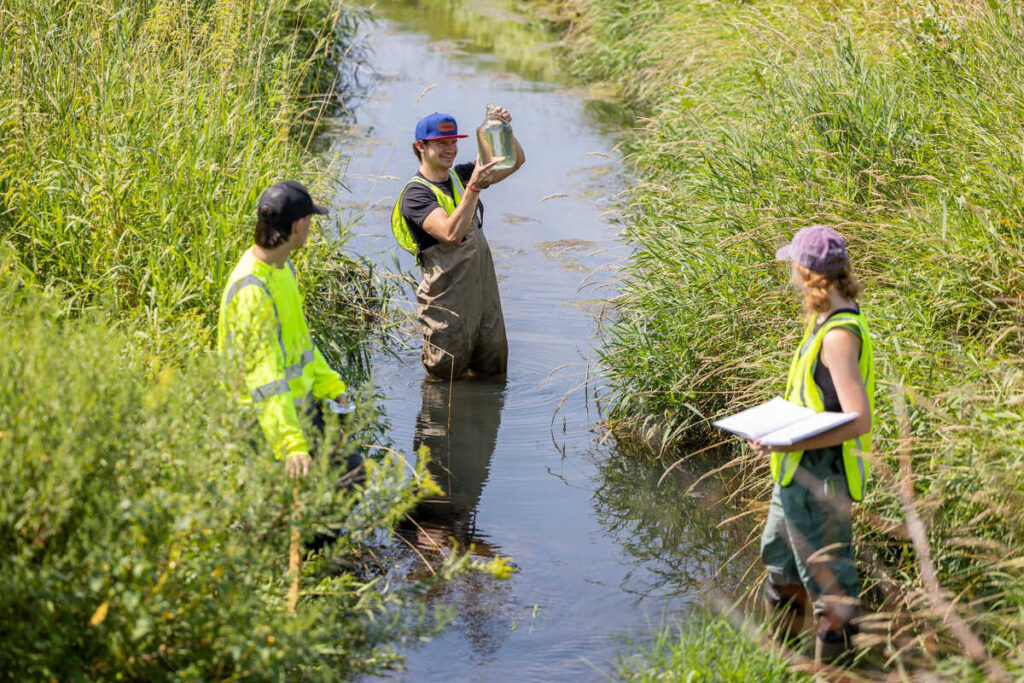Sean Lanterman ’14, ’18 J.D. is the director of incident response at Computer Forensic Services, a Minneapolis-based company that specializes in electronic discovery and forensic analysis. The company works with organizations nationwide to collect and analyze digital evidence, provide expert witness testimony, respond to computer and network security incidents, conduct security assessments and lead cybersecurity and evidence handling trainings.
Lanterman serves on the Global Information Assurance Certification (GIAC) Advisory Board, and he is a member of the International Association of Computer Investigative Specialists (IACIS) and InfraGard. He has earned several professional certifications for forensic and data examination, as well as in compliance and ethics. Lanterman is part of the Hennepin County Fourth Judicial District Ethics Committee, which reviews ethics complaints against attorneys, and serves as the Continuing Legal Education (CLE) director on the New Lawyers Section Board of the Hennepin County Bar Association.
What do you like best about your work?
My work allows me to do the two things I love most: 1) solve mysteries and 2) learn new things. Digital evidence is unique because it often brings clarity to a situation that other forms of evidence often cannot. For this reason, digital evidence is critical in all kinds of different cases. I have been exposed to different areas of law and have learned more from my lawyer clients than they have from me.
What do you wish attorneys would understand about computer forensic science?
It is my responsibility to make sure that the attorneys I work for understand what the forensics show in a particular case. But one thing that I see time and again is that lawyers (who are usually involved in a case before I am) do not ask the right questions of a client early on, as it relates to digital evidence. I have seen critical information irretrievably lost because no one thought it would have any legal significance. Additionally, I think that there is a perception that because my work relates to computers, results are instantaneous. But the reality is that collecting and analyzing digital evidence requires careful thought – it’s not just “point-and-click.”
Is there a project that you worked on that sticks out to you as particularly impactful?
I worked with a family who were viciously harassed online by a seemingly anonymous culprit. I can’t take all the credit, but I helped to successfully identify that person, and get the harassment to stop.
What are the emerging issues for computer forensic science and the law? What should lawyers know?
Litigants have a lot of data – more so than even five years ago. I think that has led to exacerbated tensions in discovery because it can make it difficult to develop a strategy for how to fairly identify discoverable material, and where the line is that separates discovery from a fishing expedition.
Moreover, the accessibility of artificial intelligence has given a new avenue for convincing, but fake, evidence. While fake evidence is not new, the use of AI for generating fake evidence is. From a technical perspective, things like fake photos, videos, recordings, and even text are presenting situations that are difficult, but not impossible, to unravel.
What’s something you learned at St. Thomas, in class or out, that you carry with you even today as a professional?
I think that it was Professor Greg Sisk who told our Professional Responsibility class: “Don’t do anything that the 5-year-old version of yourself would not be proud to see on the front page of the newspaper.” Those are words that I try to live by.
Who last inspired you professionally and why?
This could be a long list. But to pick one person, it would be my father-in-law, who is a lawyer. I have learned a lot from him about a multitude of topics, including the area of law that he practiced. But one quality, that is difficult to describe completely, is that he has a well-tuned legal instinct about what is “right” and “wrong.” I was the first lawyer in my family, and so my father-in-law has been an important mentor to me.
What do you do to manage your stress and prioritize wellness?
The most important thing that I (try to) do to keep stress in check is stay organized. I keep everything on my paper calendar and on a big whiteboard in my office. I don’t use electronic calendars, notes, lists, etc. because it is too easy to forget to check it.
To prioritize wellness, I have found that this is a moving target. Generally, though, I spend time with my wife and kids, do woodworking/home projects and clean things. It may sound funny, but I really like washing cars. I try to keep my phone away at certain times of day, which lets me be more present for my kids, like my parents were present for me. It is important for me to do some kind of work where 1) the outcome is within my control and 2) the task involves working with my hands. I highly recommend anything meeting those criteria to anybody looking for a productive outlet.







